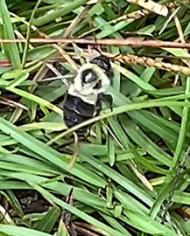ARS researchers discovered that bees collect pollen from centipedegrass flower heads.
Search Articles
-
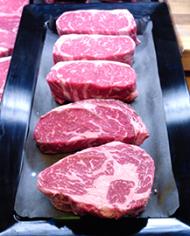
Scientists developed a method to analyze PFAS in foods including chicken, pork, beef, catfish, and eggs.
May 27, 2024 -
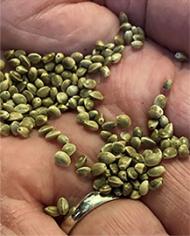
Hempseed cake was mixed into cattle feed for approximately 16 weeks and then meat products from the cattle were tested for CBD and THC levels.
Mar 27, 2024 -
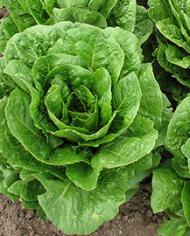
ARS researchers developed an antibody against the most lethal variant of the Shiga toxin, called Stx2.
Mar 27, 2024 -
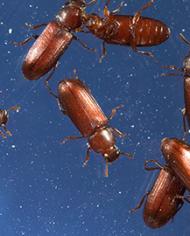
ARS scientists used artificial intelligence to develop image-based identification for five common stored grain insect species.
Feb 12, 2024 -
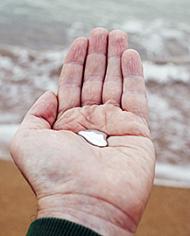
Researchers developed a portable, dual detection biosensor that enables on-site testing of samples for mercury and displays the results on a smart phone.
Apr 26, 2023 -
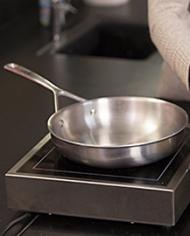
ARS scientists are studying the potential health risks of perfluorooctanoic acid (PFOA).
Apr 04, 2023 -
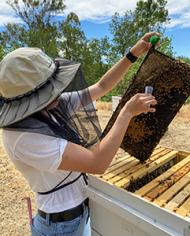
A long-term honey bee monitoring network helps researchers to better understand colony performance and survivorship over multiple seasons.
Apr 19, 2022 -
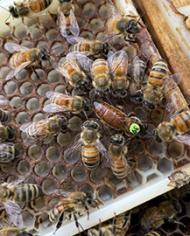
ARS researchers are studying genetics and breeding to make honey bees more resilient.
Apr 06, 2022 -
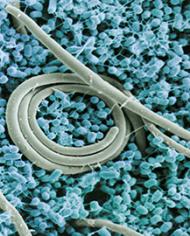
ARS scientists in collaboration with researchers at the University of Georgia, developed a series of algorithms capable of effectively predicting the prevalence of Salmonella.
Mar 03, 2022 -
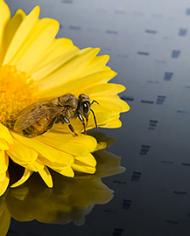
Researchers with the ARS Honey Bee Breeding, Genetics, and Physiology Research Unit have identified a region of the honey bee genome linked to reduced colony defensiveness.
Feb 11, 2022 -
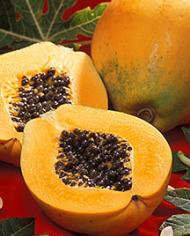
ARS researchers found that two disinfectants could reduce, Salmonella on papayas.
Mar 23, 2021 -
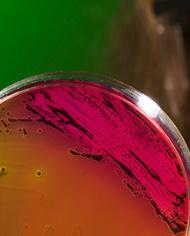
Certain plant-based compounds and probiotic cultures are effective for keeping poultry and eggs free from harmful bacteria.
Mar 23, 2021 -
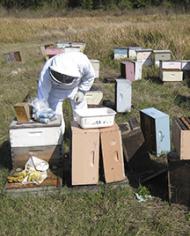
Putting honey bees into indoor cold storage in October rather than November increases their chances of surviving the winter.
Mar 22, 2021 -
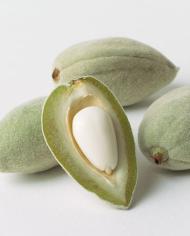
Scientists developed a effective, energy-saving technology to help keep microbes and mycotoxins off almonds.
Jul 27, 2020 -
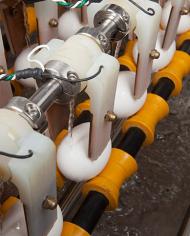
ARS scientists at the Food Safety and Intervention Technologies Laboratory have hatched a way to produce safer eggs without jeopardizing quality.
Jul 27, 2020 -

ARS scientists are using a device known as "SHIME," to study the influence of dietary changes on the activity of these microbes in a simulated environment outside the human digestive tract.
Apr 03, 2018 -
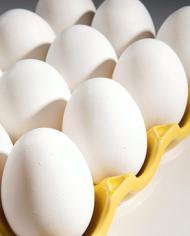
ARS scientists designed and developed portable and stationary LED-light grading systems and developed a computerized software system.
Apr 26, 2017 -
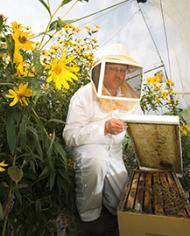
Collaboration between ARS scientists and more than 30 national and international institutions resulted in two new pollinator bee genome sequences.
Apr 26, 2017 -

ARS researchers compared egg storage methods to verify the benefits of egg washing and refrigerated storage.
May 23, 2019 -
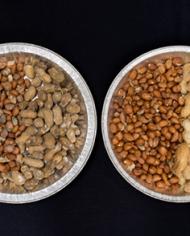
The researchers found that raising the temperature in stored peanuts solved the mold problem without affecting peanut quality.
May 15, 2019 -
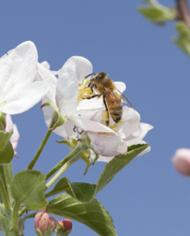
ARS researchers are focusing on the honey bee “microbiome”—the bacteria and other microbes that inhabit the insect's gut.
Mar 04, 2019 -
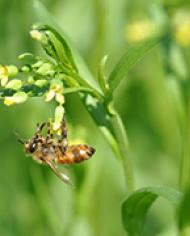
Two oilseed crops that are good for pollinators—pennycress and camelina—can fit into profitable rotations with corn and soybeans.
Apr 24, 2018 -
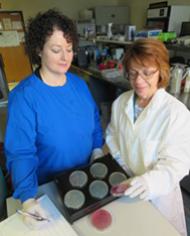
ARS scientists have worked with public and private partners to develop animal vaccines, antibody therapies, and strategies for enhancing the immune systems of farm animals.
Apr 17, 2018 -

Collaboration between ARS scientists and more than 30 national and international institutions resulted in two new pollinator bee genome sequences.
Apr 26, 2017 -
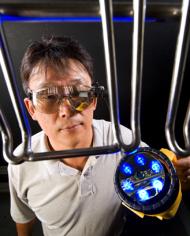
ARS collaborated with the FDA to develop a low-cost, portable detection system that can differentiate between active and non-active toxins in food samples
Mar 03, 2017



